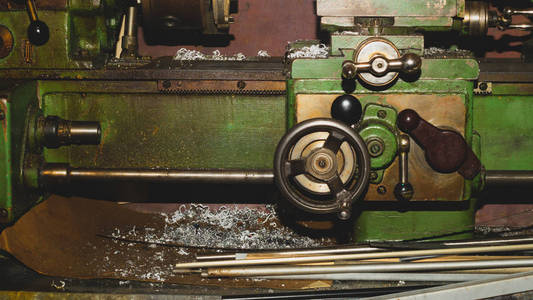The environmental friendliness and sustainability of metal processing defoamers are currently one of the key concerns in the industrial field. Modern metal processing defoamers are often made from environmentally friendly, non-toxic or low toxicity raw materials, which do not release harmful substances during use and do not pose a threat to operators and the environment. Many new defoamers have good biodegradability and can be decomposed by microorganisms in natural environments without causing long-term ecological pollution. This characteristic makes them the preferred choice for environmentally friendly defoamers. The use of defoamer can reduce the waste water generated by excessive foam in metal processing. The foam in wastewater is difficult and expensive to treat, and the application of defoamer can fundamentally reduce the production of wastewater and reduce the pressure of wastewater treatment.

High quality metal processing defoamers will quickly decompose or be removed in the processing medium after completing the task, without leaving harmful residues on the metal surface or in the processing fluid.
Defoamers indirectly save energy and raw material usage by improving processing efficiency, reducing downtime, and maintenance costs. This resource-saving effect helps promote the sustainable development of enterprises. Some high-performance defoamers not only have excellent defoaming ability, but also maintain long-term stability under harsh working conditions. This reduces the need for frequent replacement of defoamers, lowers operational costs for businesses, and promotes sustainable resource utilization. With the increasing awareness of environmental protection, many defoamer manufacturers have begun to adopt green packaging materials, such as recyclable or biodegradable plastic packaging, to reduce their impact on the environment. At the same time, they will also optimize logistics and transportation plans to reduce carbon emissions during the transportation process. Many metal processing defoamer products have passed international environmental standards certification, such as REACH, RoHS, etc. These certifications not only prove the environmental performance of the product, but also win recognition from the international market for the enterprise.
In summary, metal processing defoamers have shown good performance in terms of environmental protection and sustainability. By selecting environmentally friendly, non-toxic or low toxicity raw materials, improving biodegradability, reducing wastewater discharge, and adopting green packaging and transportation, metal processing defoamers are contributing to the sustainable development of the metal processing industry. At the same time, enterprises should actively pay attention to market dynamics and technological innovation in order to better respond to future environmental and sustainable development challenges.

 English
English
 Chinese
Chinese Vietnamese
Vietnamese
 HOME
HOME
 PRODUCT
PRODUCT
 NEWS
NEWS
 CONTACT
CONTACT


